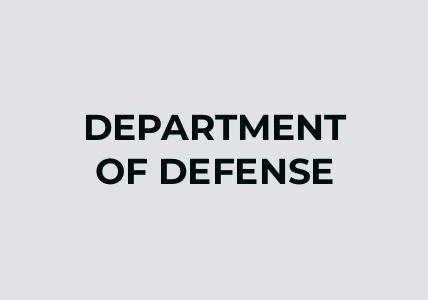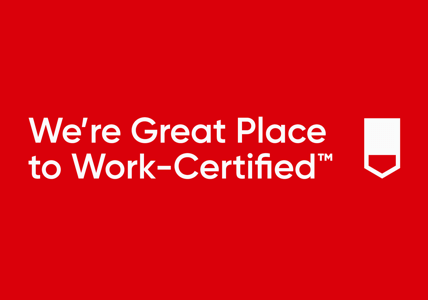Putting “Trust” in Quotes
I’ve come to realize that one of the most exciting and invigorating professional activities is transforming an organization. Interestingly enough, and by a strange twist of fate, one of the most challenging and stressful activities can be driving this transformation. No disruption to the norm is a small matter whether it be corporate strategy, departmental processes, product messaging or navigating through the new lunch ordering program.
“Management is doing things right; leadership is doing the right things.”
– Peter Drucker, Management Guru
For even the most seasoned CEOs, while leading an organization through change there can be lingering questions around leadership, management and whether your culture is equipped to handle change — not to mention whether you picked the right changes to make. While they are ever-present, inspirational quotes seem to pop up when you least expect them and when you’re most ready to pay attention. They can be philosophical, poignant and accurate, but not all encompassing.
While Drucker’s thought is certainly a true statement, and one that I take to heart, the quote speaks more to decision making and goal setting. Doing the right thing may be a product feature decision or opting to take the company private after a successful run as a public company. What Drucker doesn’t quite capture is the real sense of what is needed to effectively drive change across your team.
“If you have everything under control, you’re not moving fast enough.”
–Mario Andretti, World Champion Race Car Driver
For those of you who’ve spent time reading my previous blog (thank you — I’m glad you came back for more), you may have noticed that I buy into the relevance of sports and business analogies because of the number of similarities across planning, executing and measuring success. The sports world offers a never-ending repository of quotes around teams, culture and what is important to be successful.
Business, much like sports, is often run at a break-neck pace in which having every data point in full view is not always possible, but if you wait for 100 percent clarity, the opportunity is likely to pass you by.
“Trust.”
-Vickie Hooper, my daughter, describing the most important trait of rowers on her varsity collegiate crew-team
And then, clarity arrives from the most unexpected source, my daughter. We were discussing her crew team ahead of a big regatta and her observations of the varsity team she now captains. I did not expect to hear the word “trust.” I expected physical strength, size, or possibly courage or determination to be at the top of the list. The more I spoke with her, the more I understood her reasoning that success as a crew team is built upon shared core beliefs and dedication to them. Trust — it’s such a simple yet powerful word.
For a college team, trust is built through countless hours of practice and hundreds of seemingly innocuous interactions, many of which don’t occur on race day. The trust is built on a commitment from each rower to start in synch, to give maximum effort and to work in unison to help the team succeed. Substitute the word “rower” in that last sentence with “employee” and you can see why sports and business play well together.
Over my last seven years at Gigamon, we have worked diligently to cultivate a level of trust with our customers and partners to architect solutions for tomorrow, not just to meet their needs of today. With our employees, we have built and maintained a One Gigamon culture of collaboration, open communication and trust as we changed ownership structures, as we extended to international research teams, and as we executed our first acquisition.
As we move forward, trust in the process and decision-making will ensure we evolve our business and continue to deliver market-leading solutions to network operators, security operators, cloud operators and service providers around the globe.
Each day presents us with personal and professional opportunities to earn, reaffirm or lose trust. The real-time decisions we make are based on past and present data points, along with the trust in our team to repeatedly do the right thing, at the right time.
In closing, I’ll leave you with this: A high degree of trust is cultivated over years but can be torn down in minutes, so handle it with care.








